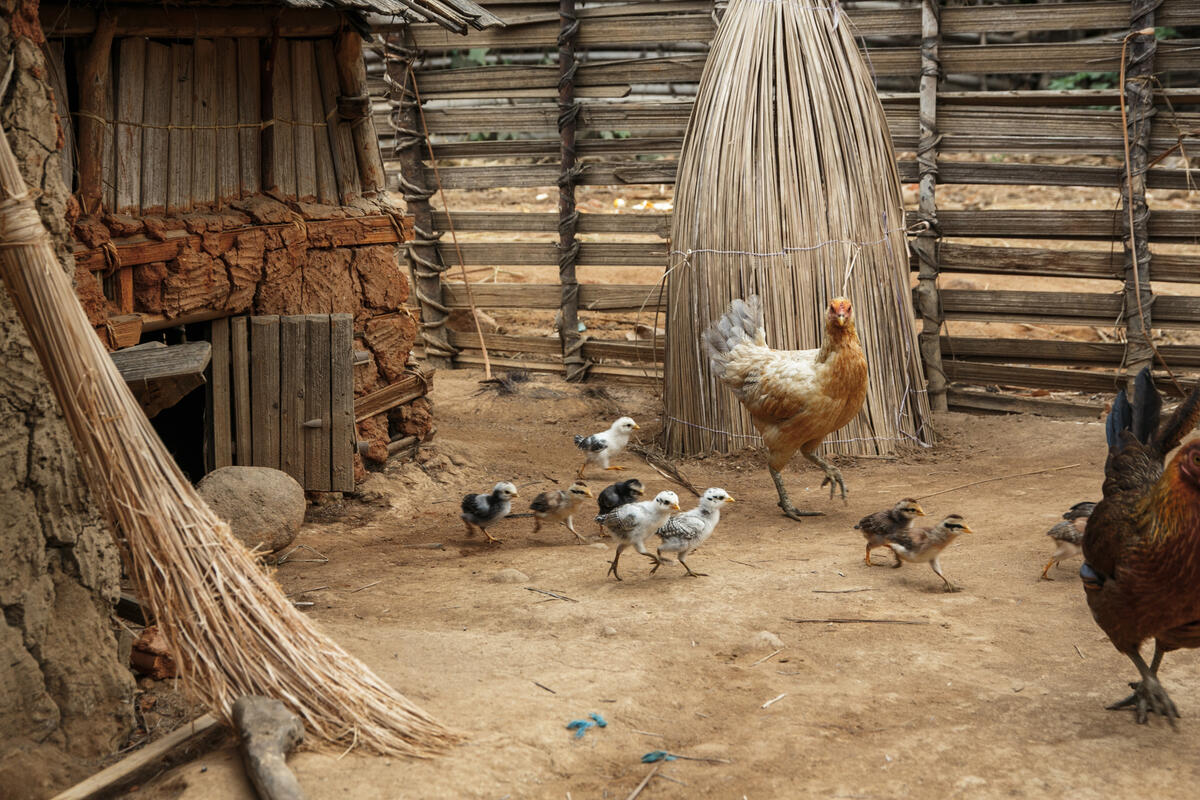The Productivity Commission has found governments have largely not fulfilled their commitments under the National Agreement on Closing the Gap and has made four recommendations to drive progress.
The final report of the Commission’s first three-yearly review of government action on the agreement finds governments have failed to fully grasp the nature and scale of change required to meet the obligations they signed up to under the agreement.
“To date, most government actions and plans to implement the agreement relabel business-as-usual, or simply tweak existing ways of working,” said Commissioner Natalie Siegel-Brown.
“The agreement can and should be a blueprint for real reform, but governments will need to move beyond business as usual and address the entrenched attitudes, assumptions and ways of working that are preventing progress.”
The report makes four recommendations to government: share power; recognise and support Indigenous Data Sovereignty; fundamentally rethink mainstream government systems and culture; and implement stronger accountability.
Sharing power with Aboriginal and Torres Strait Islander people to make decisions about their communities lies at the heart of what governments committed to. But the Commission found evidence of a failure to relinquish power and the persistence of ‘government knows best’ thinking.
To address this, the report’s first recommendation proposes five actions, including amending the agreement to better emphasise power sharing, and having governments recognise the expertise of Aboriginal Community Controlled Organisations in what works for their communities.
“Efforts to improve outcomes are far more likely to succeed when Aboriginal and Torres Strait Islander people lead their design and implementation. Nothing will change until this model of partnership, based on genuine power sharing, becomes the rule and not the exception,” said Commissioner Romlie Mokak.
The report finds that progress is unlikely unless government organisations fundamentally rethink their systems, culture and ways of working.
“The lack of progress we have seen reflects a disregard for Aboriginal and Torres Strait Islander people’s knowledges and solutions throughout government. Breaking down these entrenched attitudes and ways of working will require a focused and deliberate effort from every department and organisation,” said Commissioner Siegel-Brown.
It recommends that all government departments take a series of actions to overhaul how they work with Aboriginal and Torres Strait Islander people, including developing and executing an evidence-based transformation strategy.
The report also recommends amending the agreement to support Indigenous Data Sovereignty – the right of Indigenous people to exercise ownership over Indigenous data.
These recommendations must be supported by the report’s fourth recommendation: stronger accountability.
“The Agreement provides for an independent mechanism that will drive accountability by supporting, monitoring and reporting on governments’ transformations, but here too governments have dragged their feet. Without further delay, each jurisdiction should establish a strong legislated independent oversight mechanism. Obligations under the agreement should also be embedded in all other significant intergovernmental agreements and reported on in each organisation’s annual report,” said Commissioner Mokak.
“If governments do not make change on the scale that’s required, the agreement will fail and the gap will remain. For governments to help close the gap between improvements in the life outcomes of Indigenous and non-Indigenous Australians, they will first need to close the gap between words and action.”
The Review of the National Agreement on Closing the Gap final report is available from: pc.gov.au/ctg-review.
[END]
Media release and factsheets also attached.
About us:
Productivity Commission – Providing independent research and advice to Government on economic, social and environmental issues affecting the welfare of Australians.







